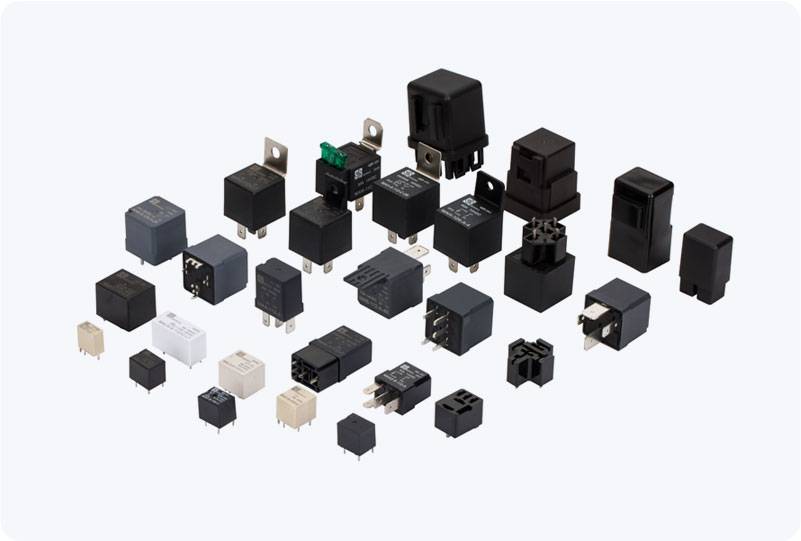The 800V Power Distribution Relay plays a crucial role in ensuring the reliability, safety, and efficiency of power distribution systems. As the demand for high-capacity electrical systems increases, especially in industrial, automotive, and renewable energy sectors, understanding the capabilities and applications of the 800V relay becomes increasingly essential. In this article, we will explore the fundamental aspects of the 800V Power Distribution Relay, its functions, and how it benefits modern power systems.

What is an 800V Power Distribution Relay? An 800V Power Distribution Relay is a protective device designed to operate in high-voltage power distribution systems. It is responsible for monitoring and controlling electrical currents, ensuring the stability of the power network, and protecting components from faults such as overloads and short circuits. Operating at 800V, these relays are built to withstand high voltage environments, making them suitable for a range of applications, including electric vehicle (EV) charging systems, industrial plants, and renewable energy systems. Key Functions and Features of 800V Power Distribution Relays